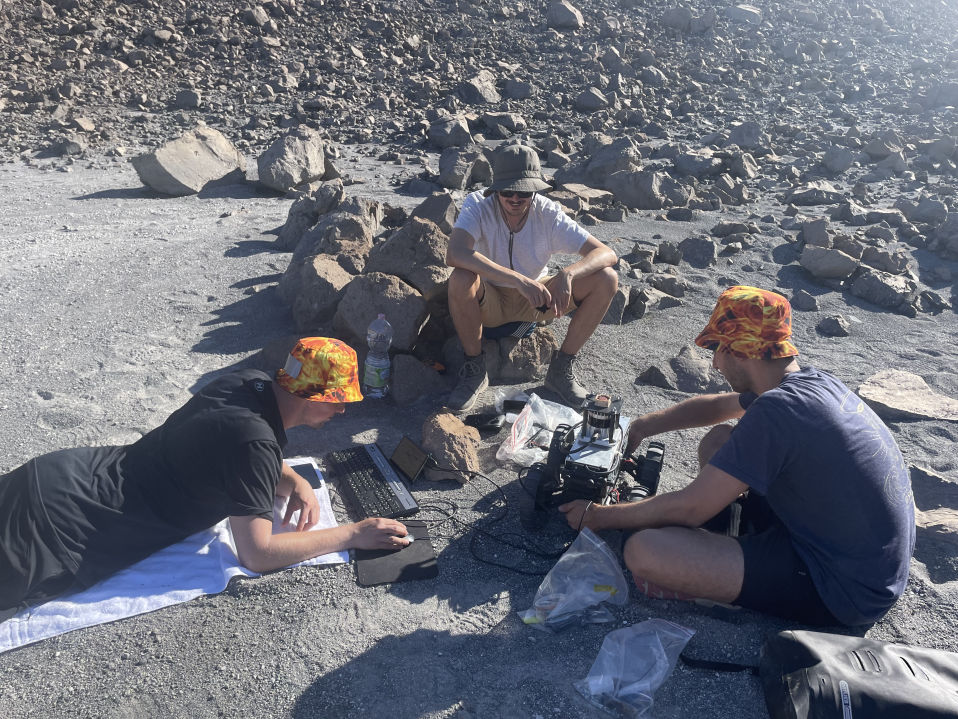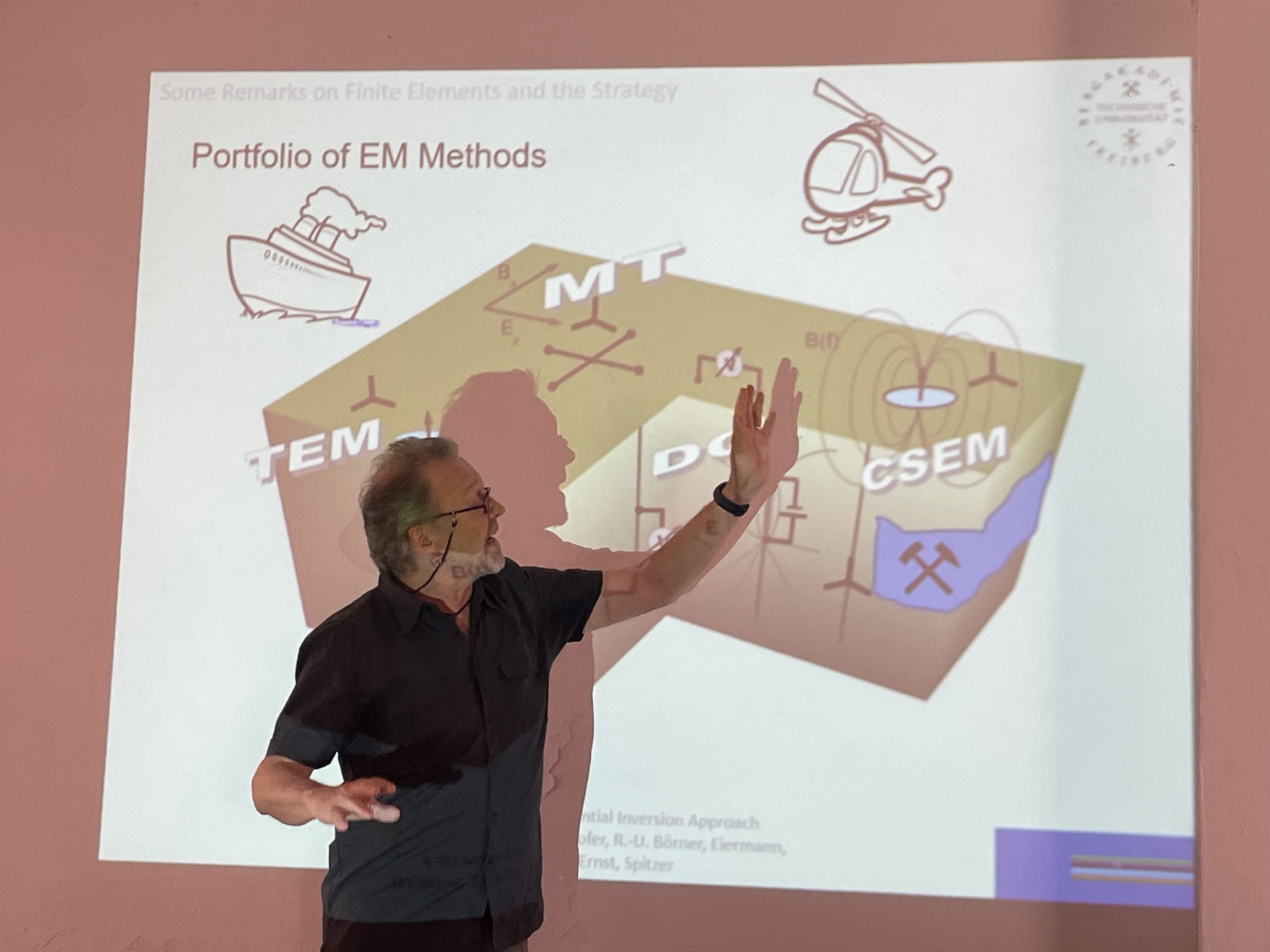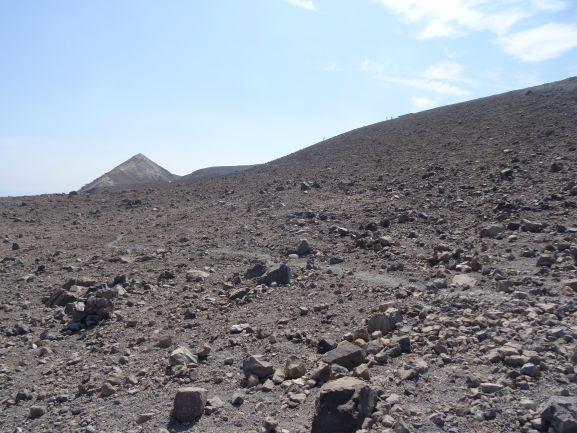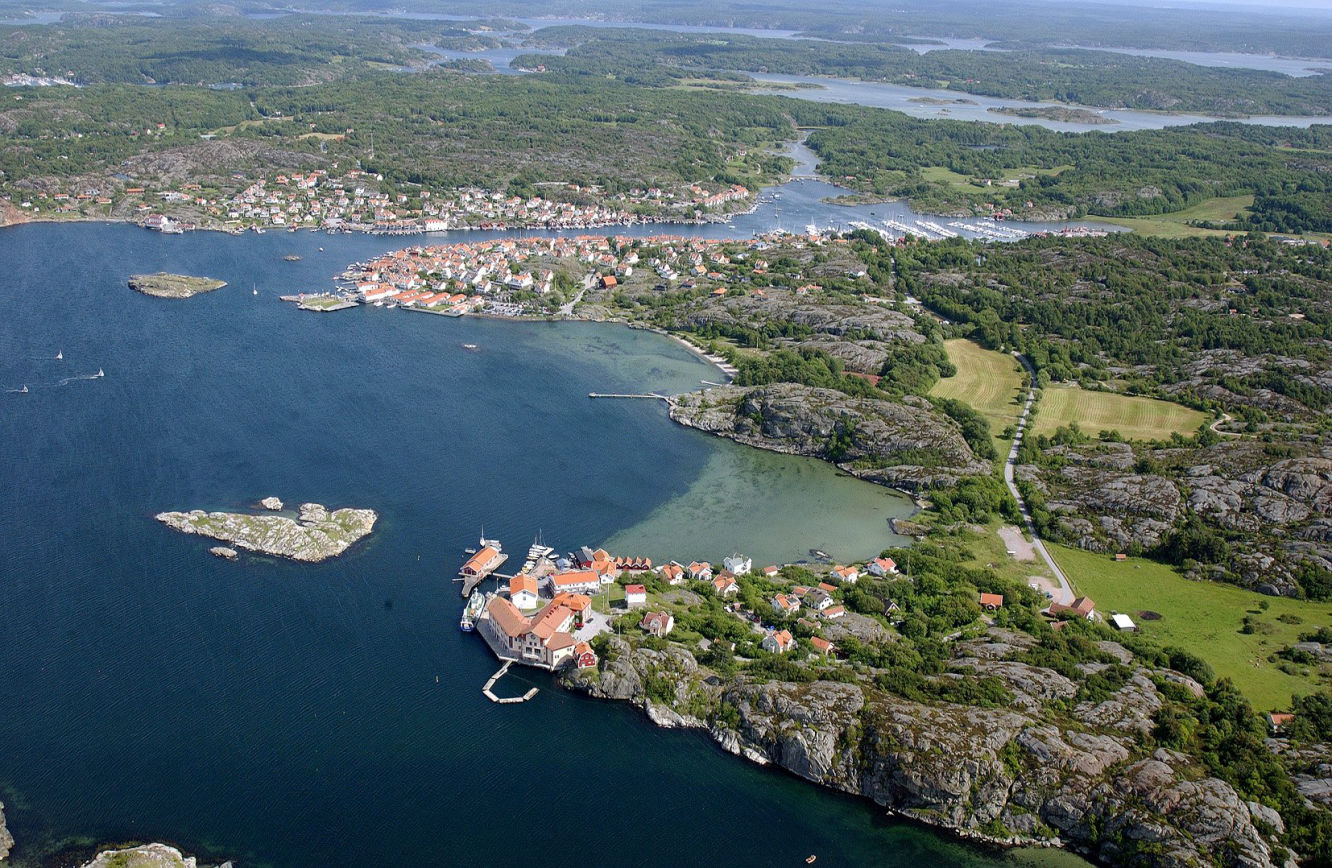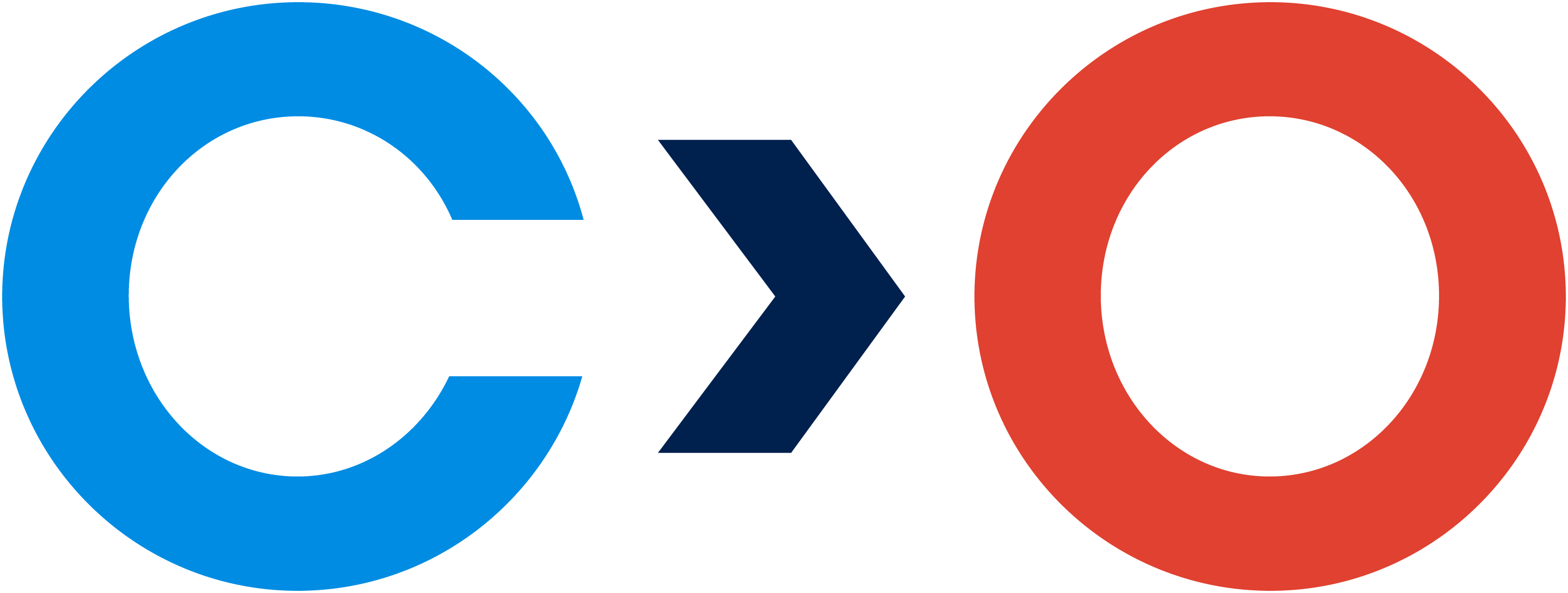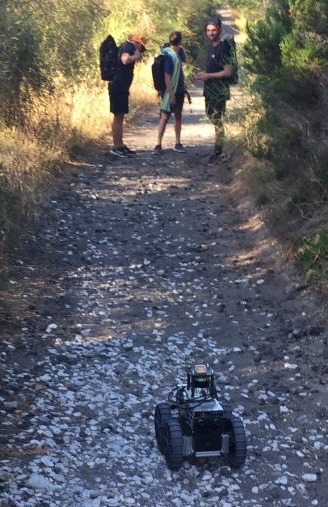
Summer School Audience
These summer schools are meant for students with various backgrounds and experiences. They are equally meant for researchers, lecturers, engineers, and policymakers. If you are interested in the cross-over topics between robotics, ocean sciences, and food/agriculture, you are very welcome! Researchers and lecturers—you might be asked to present your work or to guide students during the summer school fieldwork!
This summer school is all about:
Working in small teams !!
Researchers are encouraged to bring their research topics, instruments for testing, and prototypes for deployment.
Learning by doing !!
Short introductory lectures, hands-on work with various oceanographic and geophysical equipment, collection, processing and analysis of data.
The format of this summer school is hands-on work; rather than traditional seminars and lectures !! A typical day in the summer school starts with an early morning briefing and discussion, followed by the morning field session. The after-lunch session generally starts with a lecture or seminar by one of the senior scientists, or PhD students and is then followed by an afternoon field session. The after-dinner session mostly consists of data processing, archiving, and interpretation. Poster sessions, presentations or socials might also be organised after dinner. Overall, it is a very full program !! Stay tuned for the Summer School announcements and program (from January 2025 onwards)
Links:
https://slides.com/vunnithan/ifoodis-summer-schools-outreach-presentation
